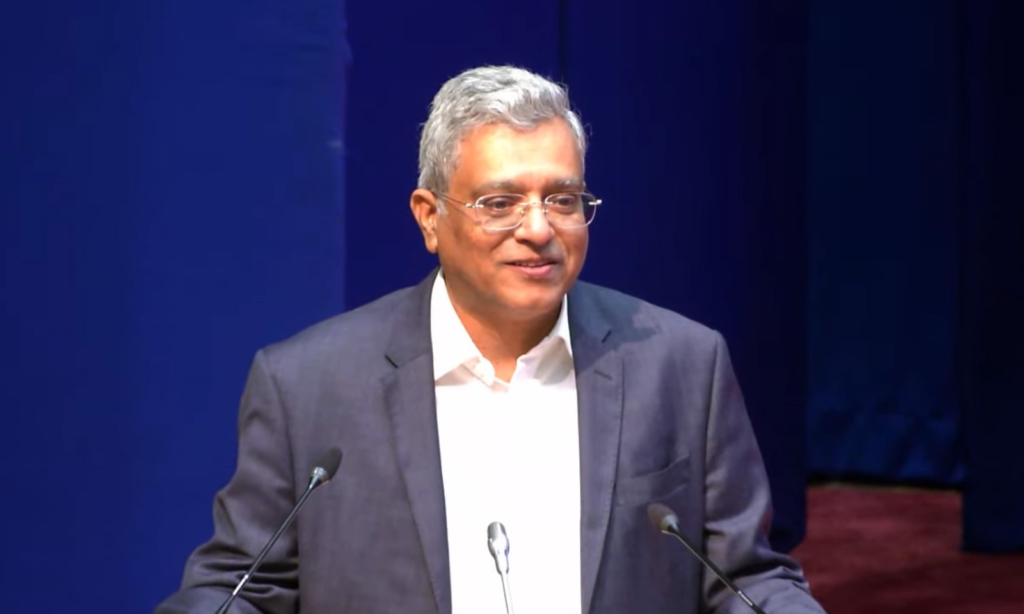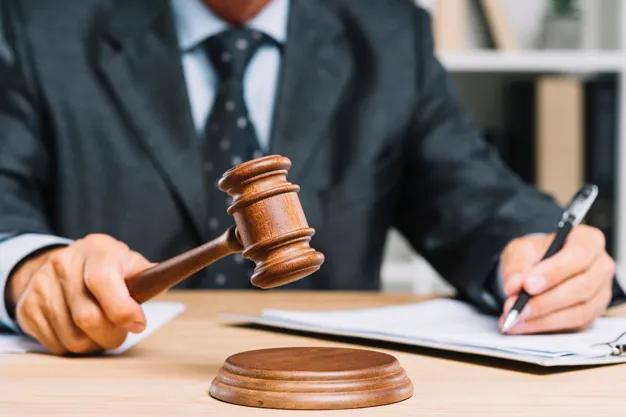Justice P.S. Narasimha, judge of the Supreme Cour,t while talking about the efforts required by the legal fraternity to advance marginalized communities, suggested that every senior advocate should recruit and mentor at least one member from marginalized community in their chambers. However, he added a caveat by saying that such mentoring needs to be accompanied by some patience and dignity; otherwise, it will have a negative effect. He went on to say that this should not be done to resemble tokenism, but rather, a humanistic approach is needed. This practice can be institutionalized through regulations of the Bar Council of India. Till such practice is institutionalized, voluntary acts from the senior members of the bar can lead to major change as young professionals from marginalized communities whom we mentor today may become successful professionals in the future and may even change the world.
Justice Narasimha made these remarkable suggestions while delivering a lecture titled: ‘Justice For Marginalised In A Constitutional Democracy’, on the occasion of Vimukta Diwas.
A detailed report of the lecture can be seen here.
At the outset, Justice Narasimha cited B.R Ambedkar’s letter to Thakkar:
“The touchables and the untouchables cannot be held together by law – certainly not by any electoral law substituting joint electorates for separate electorates. The only thing that can hold them together is love. Outside the family justice alone in my opinion can open the possibility of love, and it should be the duty of the Anti-Untouchability League to see that the touchable does, or failing that is made to do, justice to the Untouchable.”

Following this, Justice Narasimha said that drawing from B.R Ambedkar’s idea of fraternity, “I propose that communities who have been oppressed needs to be treated with essence of institutionalised empathy.”
He also clarified that empathy, at the same time, by those in power should not turn into a paternalistic or savior issue. Thus, we must understand and consider the issues faced by marginalized communities rather than impose our views. Further, we must not treat members of marginalized communities as someone who needs saving; rather, we must treat them as equal citizens who are conscious of what they need.
He went on to say that we mustn’t stop at just recognizing the problem; we must also take active steps to question our privileges. He elucidated: “Do we need to take and enjoy that additional extra? These are the questions that we need to ask.”
“Make dignified room for those who were kept out of houses”.
He pointed out that in the legal profession, we have much work to do to represent marginalised community at par with the majority. To bolster this, he cited a bar association report highlighting the barriers faced by individuals from the Dalit community entering the profession. As per the report, such barriers are even faced by other minorities like women, disabled people, Adivasis, and de-notified tribes.
At this, Justice Narasimha averred that we must create spaces for students and professionals from marginalized communities in the legal fraternity. We must adopt steps to represent marginalized communities in the bar and bench adequately. Individuals, institutions, firms, and start-ups need to proceed in a manner that they put extra effort into advancing marginalized communities. Against this backdrop, he said, “We need to make efforts to make the legal profession more inclusive.”
The video of the lecture can be watched here.



